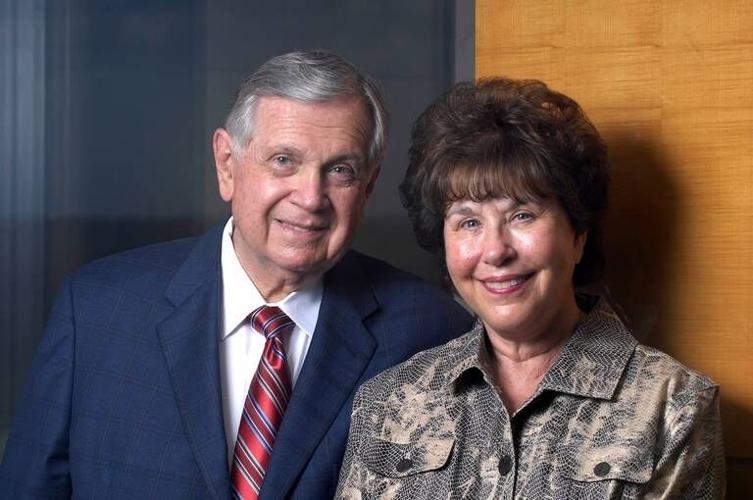The founder of Family Dollar, Leon Levine, who transformed the company into a discount retail giant serving low-income and middle-class consumers in the US, has passed away at the age of 85.
The Leon Levine Foundation, a philanthropic institution established by Levine, confirmed his passing on April 5th through a statement on their website, with no mention of the cause of death.
Levine, who did not complete college, was among the pioneers of the retail industry who led the rise of stores offering affordable merchandise. The increasing income disparity in the United States has contributed to the success of discount stores in recent times. Dollar General, Dollar Tree, and Family Dollar have emerged as the fastest-growing retailers in the country.
In 1959, at the age of 22, Levine founded the first Family Dollar store with his cousin in Charlotte, North Carolina. The store offered a variety of items, including apparel, cleaning supplies, and other essentials, all priced below $2.
Family Dollar expanded primarily throughout the rural South and, by 1969, had established 50 stores. The company went public in 1970, coinciding with Walmart's public debut.
Levine's vision for Family Dollar focused on catering to low-income customers in predominantly rural regions.
To identify potential locations for new stores, Levine would drive around and observe supermarket parking lots. According to a 2004 Charlotte Observer report, fresh oil stains on the ground indicated that locals drove older vehicles and likely had limited funds for repairs.
Family Dollar broke away from the prevalent retail trend of constructing large stores in rapidly expanding suburbs. Instead, the company chose to establish smaller, convenience store-sized locations closer to customers' residences.
During the 1970s and 1980s, while department stores like Sears appeared in malls and Walmart began constructing massive superstores, Family Dollar built smaller stores in neighborhood strip malls.
These stores, typically measuring 6,000 to 8,000 square feet, were designed for quick and easy shopping experiences.
In a 1993 interview with the Associated Press, Family Dollar President George Mahoney said, "We're just the opposite of a Wal-Mart. Our customers don't want the hassle of shopping in a huge store, or they lack the funds to shop there."
By 1993, the company operated 2,000 stores. When Levine retired from Family Dollar a decade later, the company boasted approximately 4,500 stores. Currently, there are over 8,000 Family Dollar locations. In 2015, Dollar Tree acquired the company for nearly $9 billion.
Following his retirement from Family Dollar, Levine emerged as one of the South's most prominent philanthropists, donating hundreds of millions of dollars to educational institutions, healthcare facilities, and Jewish organizations.









